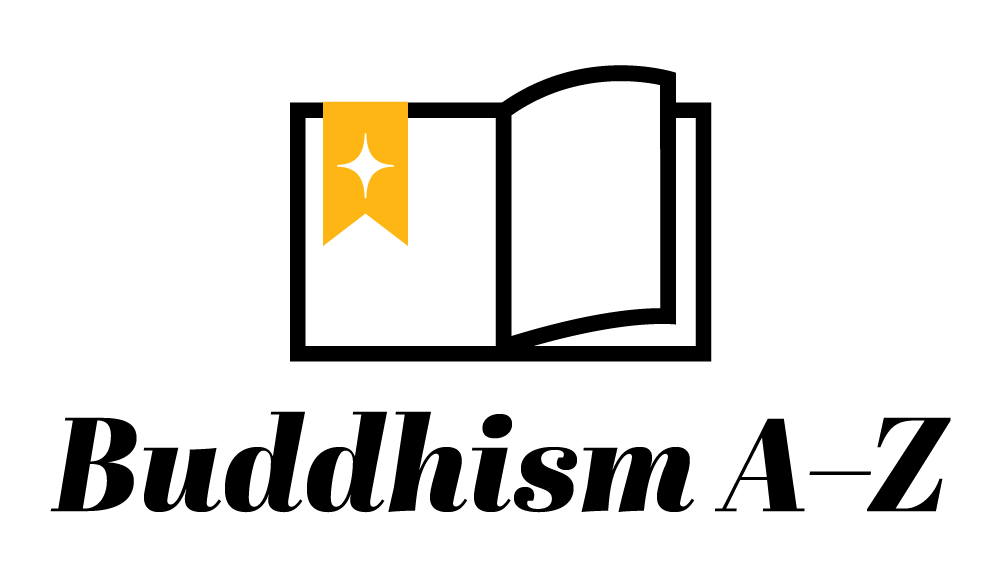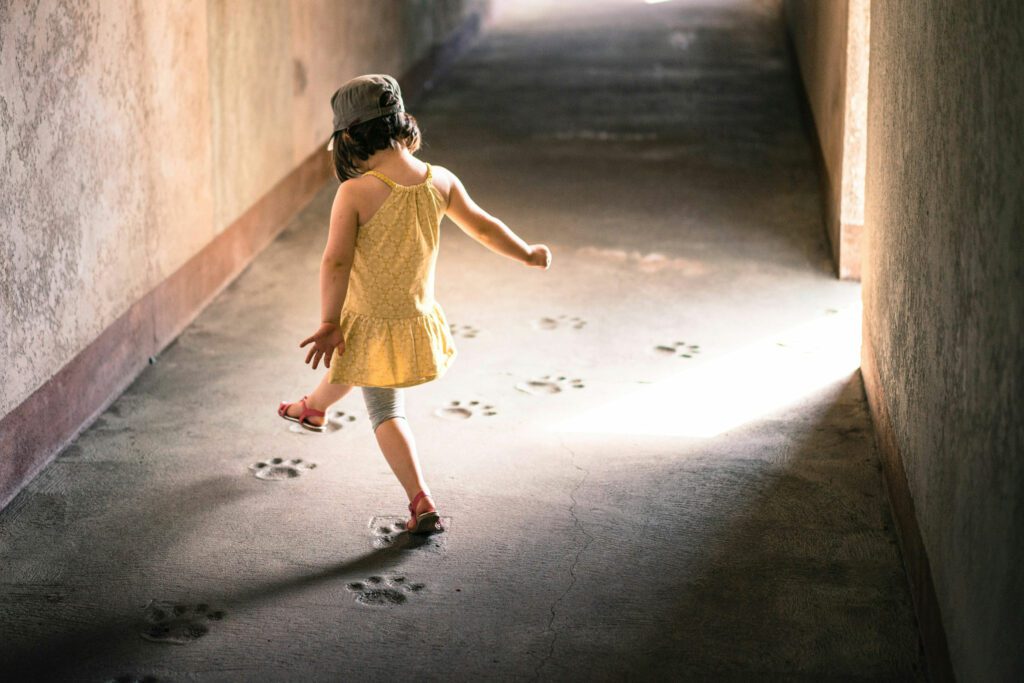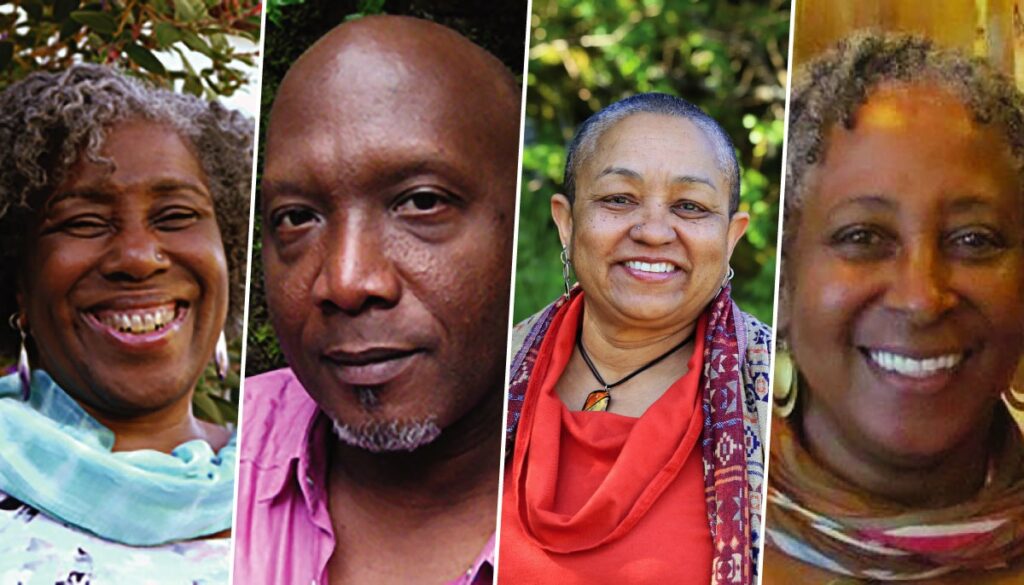Psychological trauma is an emotional response to a terrible event, such as an assault, an accident, or a natural disaster. The immediate response is often shock and denial. But longer-term reactions can include “unpredictable emotions, flashbacks, strained relationships, and even physical symptoms like headaches or nausea,” according to the American Psychological Association. Psychology has developed a number of approaches to handling trauma. Can we also use our Buddhist practice to address trauma?
We can, although there are helpful and unhelpful ways to practice with trauma. Psychological and medical treatment may still be needed. Buddhism and psychological counseling can blend harmoniously and reinforce each other. For example, Tara Brach, a clinical psychologist and Buddhist, blends Buddhist practices such as mindfulness and self-compassion with Western psychology. Combining psychotherapy with meditation can offer acceptance, insight, and healing for individuals healing from trauma.
It’s also the case that people differ and traumas differ, and part of the process of healing is learning to pay attention to your feelings and what they’re telling you. It’s important that trauma not be suppressed or bypassed. But at the same time, be gentle with yourself. Maintain balance; avoid extremes. The Buddha taught us that life is dukkha – suffering, imperfect, and stressful. When the dukkha gets to be too much, we may want to run away from it. But there really is no escape, except healing.
Trauma and Meditation
You may think that throwing yourself into an intensive meditation schedule is just the thing to deal with trauma, but that’s not always so. If you experience flashbacks and panic attacks during meditation, for example, it’s better to meditate less until you are more stable. Again, be gentle with yourself. Allow the process of healing to be as gradual as it needs to be. Thich Nhat Hanh said, “Meditation can help us embrace our worries, our fear, our anger; and that is very healing. We let our own natural capacity of healing do the work.” Don’t try to force it.
Mindfulness of body and breath are our anchors. Pay attention to where you are holding on to stress in your body. Whatever anxiety, anger, blame, shame, or fear you may be retaining, let it go. Pay attention to where you feel relaxed also, and focus on that.
Metta meditation is especially helpful for someone healing from trauma. Metta meditation begins by offering loving kindness to yourself. You are a worthy person and deserve loving kindness, together with all beings.
The Mind/Body Connection
What affects the mind affects the body, and vice versa. Take care of yourself. Get as much sleep as you need. Get some exercise. Eat healthy foods. Avoid the temptation to “forget” by using drugs or alcohol. See your doctor about any physical symptoms you are having. Consider talking to a therapist or joining a support group.
Whether yours is primarily a meditative or a chanting practice, do continue it as much as you are able. The dharma is its own medicine. Don’t push yourself, but practice in a way that is not tiring. Trust the practice, and trust yourself, to find your way to healing.
Related Readings
4 Ways to Heal Trauma with Love
Loving-kindness, compassion, sympathetic joy, equanimity—these four loving qualities are powerful ways to heal our trauma.
Thich Nhat Hanh on How to Heal Your Inner Child
Healing the pain of our wounded child within, says Thich Nhat Hanh, is key.
What Does It Mean to Be a Trauma-Sensitive Mindfulness Practitioner?
Over the last decade, there’s been an increased awareness of the adverse effects of trauma in the mindfulness and meditation discourse. Naomi Matlow explains.
Heal the Wounds and Trauma
DaRa Williams, Devin Berry, Noliwe Alexander, and Rosetta Saunders share what they feels is the most helpful message Buddhism can offer in coming decades.
Buddhism A–Z
Explore essential Buddhist terms, concepts, and traditions.





